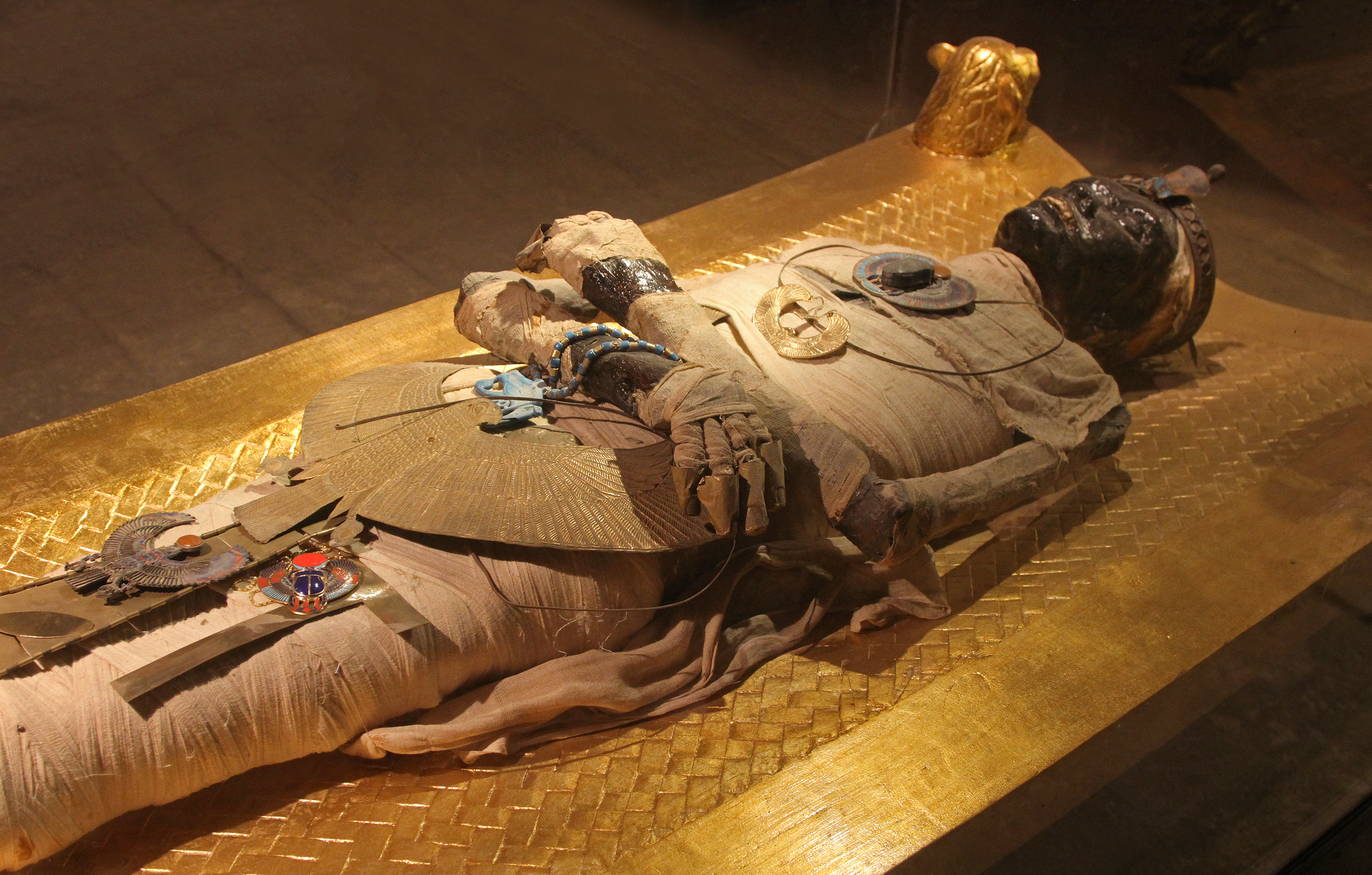
Scientists Unravel Secrets of Ancient Egyptian Mummy’s Preserved BrainScientists Unravel Secrets of Ancient Egyptian Mummy’s Preserved Brain In a groundbreaking discovery, researchers have unlocked the secrets of an ancient Egyptian mummy’s remarkably preserved brain using advanced imaging techniques. The findings, published in the journal Nature, shed new light on the complexities of human life and medical practices in ancient Egypt. The mummy, known as “Irtyru,” belonged to a priest who lived in Thebes around 600 BC. Her brain was remarkably well-preserved due to the meticulous mummification process, which involved replacing the fluid in her cranial cavity with a preservative resin. Using micro-CT scanning and other advanced imaging techniques, scientists were able to create detailed three-dimensional reconstructions of Irtyru’s brain. The scans revealed a wealth of information about her neurological structures, including her cerebral cortex, cerebellum, and brainstem. The researchers discovered that Irtyru had several pathologies, including evidence of atherosclerosis, a condition in which plaque builds up in the arteries. This finding suggests that cardiovascular disease was prevalent in ancient Egypt, contradicting previous assumptions that the condition was largely a modern phenomenon. Additionally, the scans revealed indications of a brain injury, possibly a stroke or head trauma. The injury was located in the left temporal lobe, which is associated with memory and language functions. The mummification process also preserved traces of Irtyru’s diet. Analysis of the resin revealed the presence of omega-3 fatty acids, which are essential for brain health. This suggests that ancient Egyptians may have understood the importance of nutrition for cognitive function. The study’s lead author, Dr. Sahar Saleem, noted that these findings “provide a unique glimpse into the health and well-being of an individual who lived over 2,500 years ago.” “By unlocking the secrets of Irtyru’s brain, we have gained invaluable insights into the medical practices, dietary habits, and overall health of ancient Egyptians,” Dr. Saleem said. The discovery of Irtyru’s preserved brain has opened new avenues for research into ancient Egyptian society and medicine. It provides a tangible connection to the lives of those who lived in this enigmatic civilization and offers fresh perspectives on their complex world.
Posted inNews